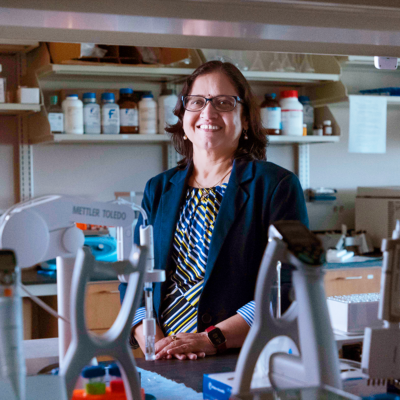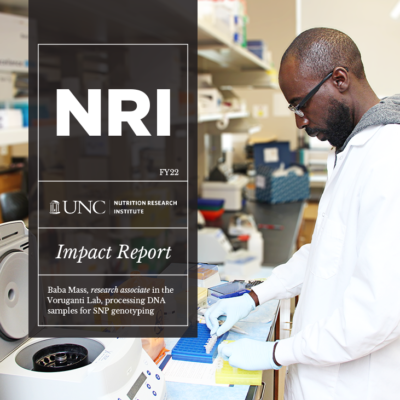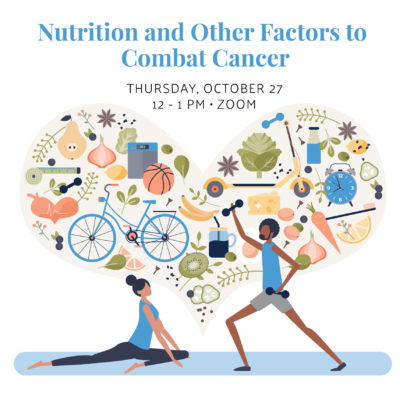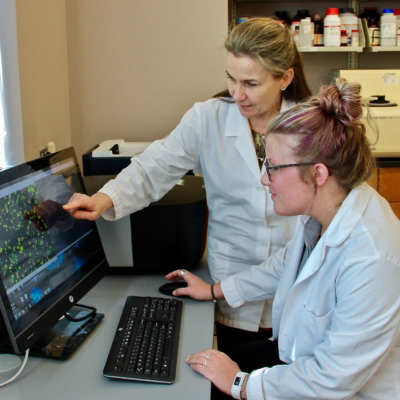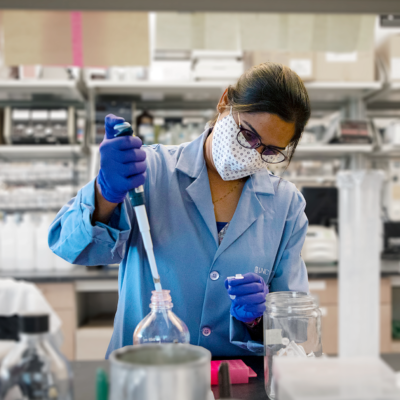Microbiome and Nutrition
The complex community of bacteria, yeasts and viruses living in our intestines, collectively known as the gut microbiome, is shaped, in part, by what we eat. Genetics, environment, and other factors also influence an individual’s microbial community. Research at the NRI investigates these complex relationships and their impact on disease risk. We use animal models and bioinformatics to study the associations between nutritional metabolites, gut microbiome, and health. What happens in the gut doesn’t stay in the gut. Your microbiome can play a role in cardiovascular disease, obesity and diabetes, and even cancer. Our team envisions a future where analysis of your microbiome can determine disease risk, and medical foods can be prescribed to treat and prevent disease by regulating the microbiome.
Publications
Microbiome and Nutrition Publications
2020
Population studies of TMAO and its precursors may help elucidate mechanisms. Meyer K
2019
Association of dietary patterns with the gut microbiota in older, community-dwelling men. Meyer K
2018
Meta-analysis of human genome-microbiome association studies: the MiBioGen consortium initiative. Meyer K
Human microbiota, blood group antigens, and disease. Sumner S
2017
Trimethylamine N-Oxide, the Microbiome, and Heart and Kidney Disease. Zeisel S
2016
Diet and Gut Microbial Function in Metabolic and Cardiovascular Disease Risk. Meyer K
Antibiotic-mediated gut microbiome perturbation accelerates development of type 1 diabetes in mice. Sumner S
Related News
Scary-good Pumpkin
A perennial sight in the fall in North America, pumpkin has more uses than just making a great Jack-o-Lantern. Pumpkin is a powerhouse food. Technically a fruit (because it contains seeds) it’s a high-fiber carbohydrate and is nutrient dense, especially in vitamin A:...
The Optimistic Nutritionist
By Alyssa LaFaro Endeavors Saroja Voruganti likes sugar. But she loves talking about it. “Did you know the body does not need any added sugars for healthy functioning? Most of our foods contain naturally occurring sugars,” she says. Men should consume no more...
Impact Report FY22
Appetite for Life: Nutrition and Other Factors to Combat Cancer
NRI expertise makes news
The UNC Nutrition Research Institute is an internationally recognized center that conducts innovative basic and translational science studying how individual differences in requirements and responses to diet affect our nutritional needs. Using cutting-edge tools in...
Nipun Saini, PhD: 2022 PARE Award Recipient
Reposted from UNC Research. Each year, the Postdoctoral Awards for Research Excellence (PARE) are given in recognition of the research promise demonstrated by individual postdoctoral scholars. . . . The PARE awards are open to postdoctoral scholars in all disciplines...



